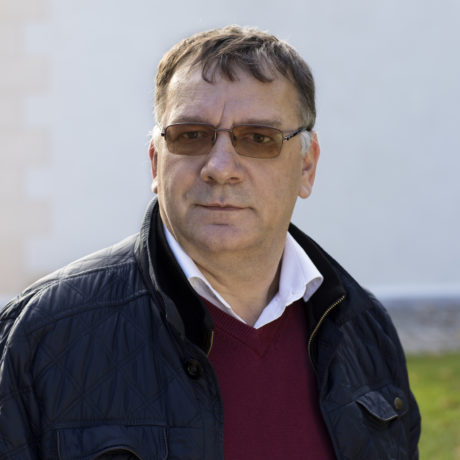Picture 23 students from 14 nationalities or ethnic groups under the same roof. In this group, you will find young people who grew up with war, who feared speaking up and struggled to make ends meet. Others have been safer and more privileged with many opportunities and encouraged to raise their voice. They have different opinions on music, sports, traditions, values, politics, religion and other issues.
A better way
Historically, such differences between people have triggered war, persecutions and hate. We, at the Norwegian Helsinki Committee, believe there are better ways of dealing with differences. We believe in the importance of getting people to talk to one another, encouraging dialogue and democratic principles in solving conflicts. This is the reason the NHC gathering a group of 23 students from 14 nationalities in Drammen, Norway, in the spring of 2018. The students joined one of numerous human rights camps that, for over the last 25 years, have been hosted by The Norwegian Helsinki Committee.
The 23 students came from 14 different countries and met in Drammen, Norway. They learned about human rights, multicultural understanding and peace from both experienced teachers and by interacting with each other for one week. Two of them, Natalie Woldengen from Norway and Amani Altoubeh, a refugee from Syria, became close friends.
“This is the first time I have a close friend who uses a hijab, and I must say: You should definitely not assume that the headgear means that the girl below is quiet and ‘ordinary’, Natalie Woldengen (17) said to the newspaper Dagsavisen, who visited the human rights camp.
Altoubeh, also admitted that moving to Norway was difficult at first.
“To get acquainted with a whole new country, not knowing anyone, unfamiliar traditions and a new language, is not for wimps!”
Balkan human rights school
As important as the education in Norway is, the experience young people have while travelling to a country and witnessing the injustice for themselves is even more valuable.
The crowded bus full of teenagers is moving between mountains, rivers and fields in the picturesque Bosnian countryside. They are leaving Sarajevo behind, and are now headed for the place known for the only genocide in Europe’s post-war history, Srebrenica.
“I have family from Yugoslavia, who are Bosniaks, and I have heard their story of the war. Now I want to hear the Serbs’ side and find out how religion is influencing these countries,” says Ilma Hodizic (17).
She is one of 19 students from Drammen Upper Secondary School who travelled with the NHC on a study trip to Bosnia and Herzegovina and Serbia, to learn about a war that took place ten years before they were born.
20 years after the massacre, some Bosniaks are still waiting to properly bury their loved ones. The woman who is greeting us in Srebrenica is one of them.
Around 8,000 Bosniaks lost their lives around this area in July 1995. Most of the victims were men and boys.
“I personally didn’t know much about this war. It’s not something we’ve been talking about in school. Something I think is a bit strange, because these are countries that are so close to us,” says Ingeborg Bjerknes (18).
She is surprised by the cruelty that took place during the war and thinks the trip is important for meeting people who were involved in the conflict.
An important task
Human Rights Education is one of the most important things we do. Through systematic training, we aim to develop civil societies, independent media, rebuild trust and reconciliation after conflicts and secure lasting peace.
We are born as persons but need to become citizens, aware of our rights and obligations in the society. To achieve that we need knowledge about how to liberate ourselves from prejudice towards others. This knowledge will connect us instead of keeping us apart.
Enver Djuliman
We believe in building a strong foundation for democracies. People must be able to participate in creating sustainable human rights cultures. Individual rights should go hand in hand with international standards, securing a peaceful co-existence between people.
In addition to youth and refugees, we offer education to teachers, students, journalists, police and staff at closed institutions, such as prisons and psychiatric hospitals. Our “students” are in Norway, Russia, Ukraine, Belarus, the South Caucasus and the Western Balkans. Many of the young participants in our school of human rights, today work in the non-governmental sector, as investigative journalists and lawyers.
Les mer om vårt arbeid
Topic
Documentation and Accountability
We document human rights violations so that the guilty can be punished.
Topic
Asylum policies
It is our job to defend people’s fundamental human right to seek asylum from persecution.

